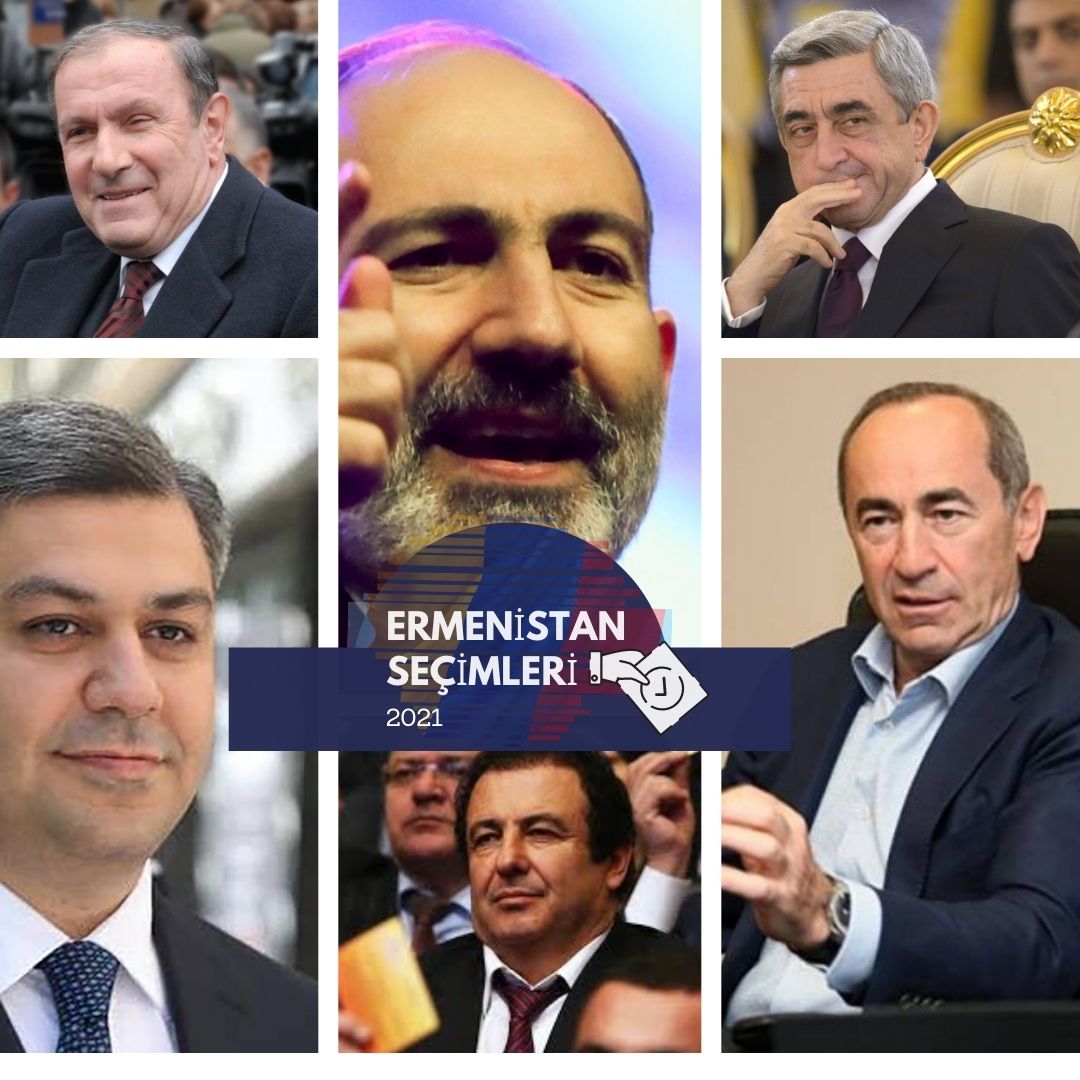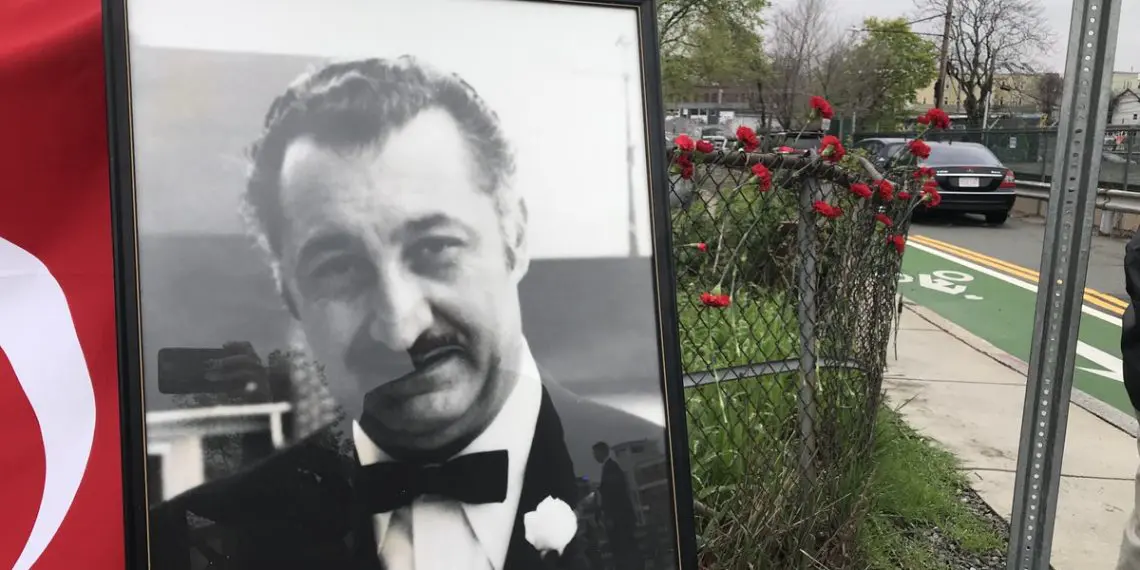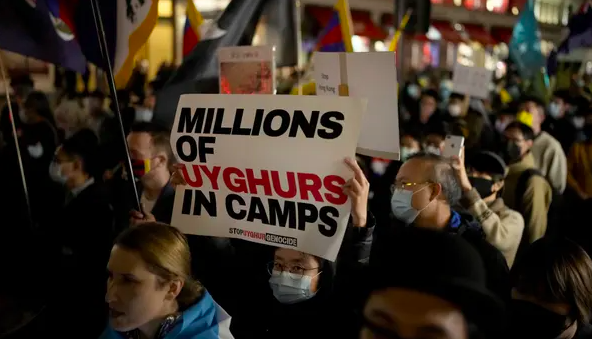In yesterday’s article, we had indicated that this year in May, President Sarkozy had prevented the adoption of a draft law in the French Senate which foresaw the punishment of the denial of the Armenian genocide allegations, but that around five months later, had changed his stance based on a single event. This event is the Socialists obtaining the majority in the Senate during the by-elections held on 25 September 2010. Moreover, François Hollande, the former general secretary of the Socialist Party who had declared his candidacy for the Presidential elections (has now become an official candidate), stated that he will call upon the draft law to be readdressed if elected. President Sarkozy, falling into a difficult situation with this development, has suddenly changed his stance and has visited Armenia only a week later with the excuse that he was paying a return-visit since President Sarkisyan had made an official visit to France at the end of September. During his visit, Sarkozy has declared that he will call on Turkey to recognize the Armenian genocide allegations if not, he will support the draft law foreseeing the punishment of the denial of the genocide allegations. This way, he has tried to counteract the Socialists. Sarkozy has continued to utilize Armenia’s card on this issue at later dates. Within this framework, upon his suggestion, with a lame excuse to attend the 20th Congress of the European People’s Party on December 7, President Sarkisyan has visited France (Marseille) again and in a speech delivered to the Armenians there, has stated “I would like to assure my compatriots that the recent visit of President Nicolas Sarkozy to Yerevan was a historic visit indeed, and no other state leader have spoken the words about our nation’s pains, related to the Armenian-Turkish relations and the Genocide, and we should be grateful to the wise President of this glorious country”. This way, he has implied that French Armenians’ votes should be given to Sarkozy. The direct result of this “give and take” between France and Armenia is that the draft law, previously submitted to the French National Assembly foreseeing the punishment of the denial of the genocide allegations, is supported by President Sarkozy and most likely, will be adopted tomorrow. Thus, President Sarkozy will gain an extra point against the Socialists in the Presidential elections. For France, the weak side of this calculation will be to lose Turkey while winning over the Armenians. However, it could be seen that President Sarkozy has no such worry and even if he does, does not put much consideration into it at the moment. The reason for this could be the thought that since many disagreements with Turkey already exists, especially concerning membership of the European Union, another one will not make much of a difference. Moreover, President Sarkozy could have remembered that there have been many reactions in Turkey particularly against the law of 2001, but despite mentioning retorsions, including suspending trade with France, boycotting French products and ending French education, no visible measure has been taken, perhaps with the exception of not including France in some military tenders, and relations between the two countries have continued at its normal course after some time. Despite the warnings of the Turkish Parliamentary Group, still present in France, that the adoption of the bill could create severe consequences, it is possible that President Sarkozy and his supporters do not give much importance to Turkey’s reactions since they believe that this issue, if not forgotten, will eventually lose significance on Turkey’s much loaded agenda. On the other hand, there is also the possibility that Turkey’s reactions will tried to be alleviated with the presumptions that it is not enough for only the National Assembly to adopt the bill, for it to become a law it must also be adopted by the Senate and that it will not be easy to gain the Senate’s approval.
© 2009-2025 Center for Eurasian Studies (AVİM) All Rights Reserved
 APPROACHING EARLY ELECTIONS IN ARMENIA
APPROACHING EARLY ELECTIONS IN ARMENIA
 MARTYRED DIPLOMATS: ORHAN GÜNDÜZ, HONORARY CONSUL GENERAL OF BOSTON (MAY 4, 1982)
MARTYRED DIPLOMATS: ORHAN GÜNDÜZ, HONORARY CONSUL GENERAL OF BOSTON (MAY 4, 1982)
 THE DOCUMENTS EXPOSING CHINA’S HUMAN RIGHTS VIOLATIONS
THE DOCUMENTS EXPOSING CHINA’S HUMAN RIGHTS VIOLATIONS
 AN EXEMPLARY FIGURE IN DIPLOMACY AND HISTORY: IN MEMORY OF RETIRED AMBASSADOR BİLAL ŞİMŞİR
AN EXEMPLARY FIGURE IN DIPLOMACY AND HISTORY: IN MEMORY OF RETIRED AMBASSADOR BİLAL ŞİMŞİR




























